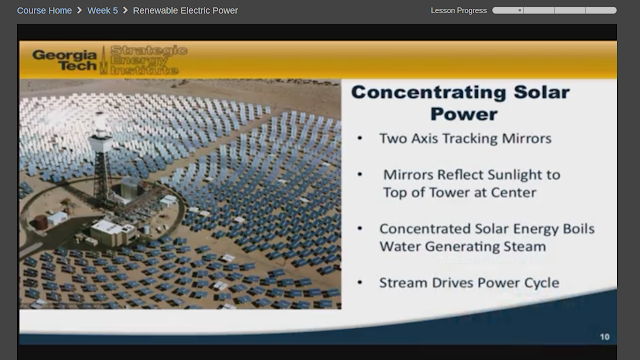A list of individual sportsman who dominated their sport for >4 years. These are some astonishingly awesome athletes that totally rocked their sport. Probably some omissions here, but the biggest one is undoubtedly Gama Pehalwan.
http://www.sportskeeda.com/slideshow/top-10-athletes-dominance-sport?imgid=32132
#10 - Usain Bolt - Athletics
#9 - Michael Jordan - Basketball
#8 - Lionel Messi - Football
#7 - Michael Schumacher - Formula 1 Racing
#6 - Roger Federer - Tennis - Nadal/Djokovic have come to par or overtaken him since
#5 - Tiger Woods - Golf - Player of the 11 times, 18 world golf championships
#4 - Jahangir Khan - Squash - 555 matches won in a row - 6 World Opens - 10 British Opens
#3 - Michael Phelps - Swimming - Swimmer of the year 8 times. 28 Olympic medals
#2 - Martina Navritolova - Tennis - 18 Grand Slam singles & 31 Grand Slam Doubles titles
#1 - Lin Dan - Badminton - 5 time world champion, Super grand slam winner
Notable omission is Ghulam Muhammad - Gama Pehalwan - The Great Gama
Undefeated wrestling champion of the world for over 52 years
https://en.wikipedia.org/wiki/The_Great_Gama


























